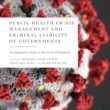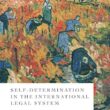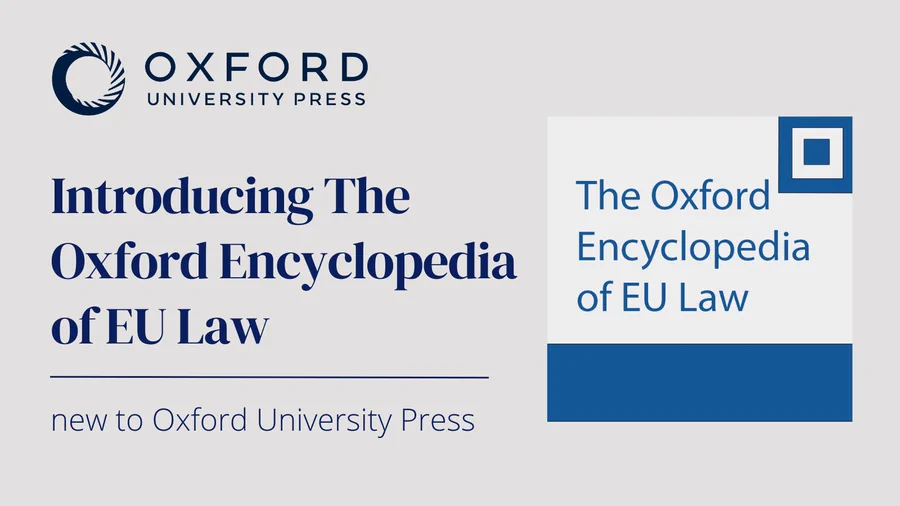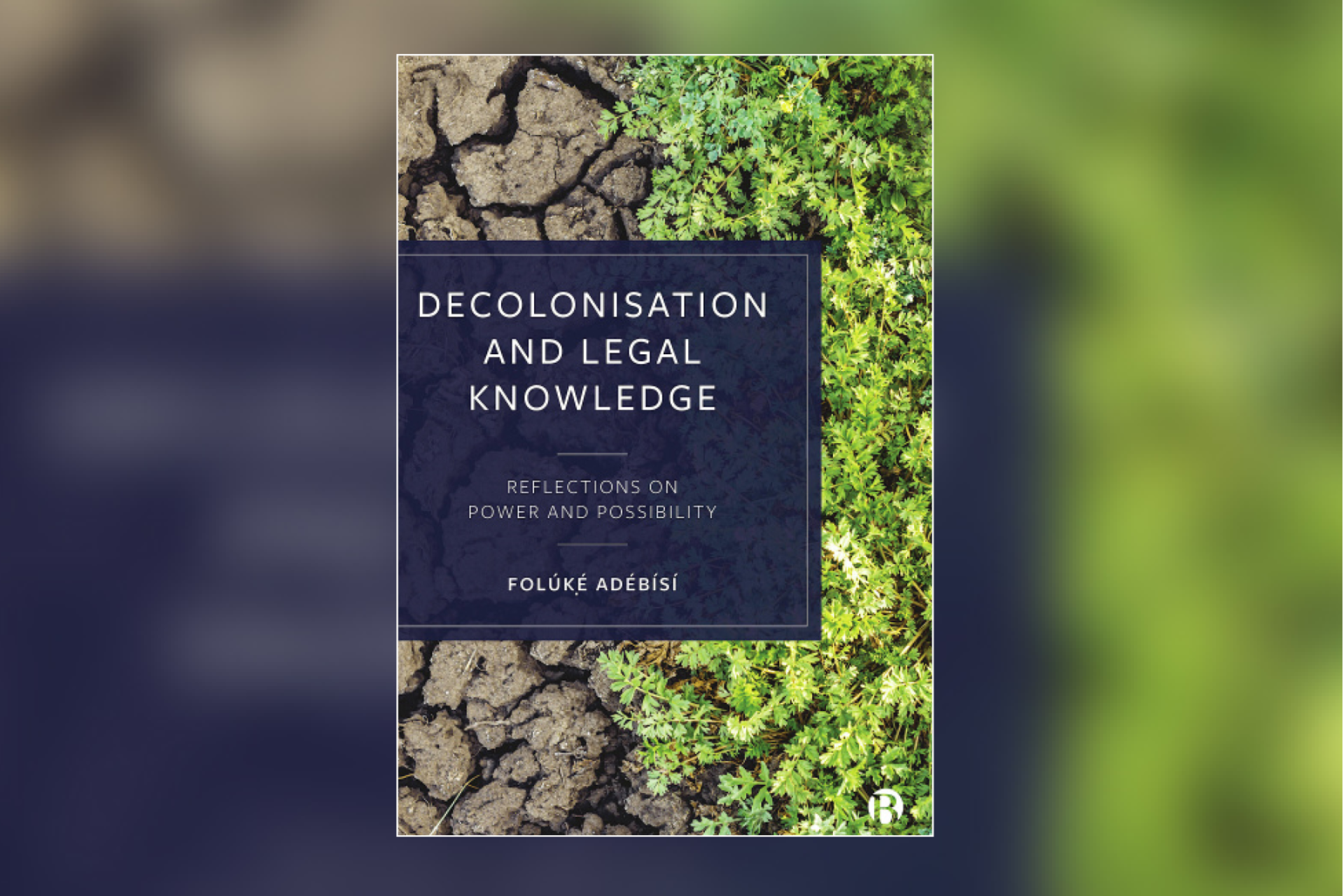
It’s LGBT+ History Month in February so we wanted to highlight some resources in our collection that are relevant to anyone looking at the history of LGBT+ rights.
We recently purchased Justice After Stonewall: LGBT Life Between Challenge and Change, a new title published in January 2023 and edited by the School of Law’s own Dr Paul Behrens, along with co-editor Sean Becker. From the abstract:
Justice After Stonewall is an interdisciplinary analysis of challenges and progress experienced by the LGBT community since the Stonewall riots in 1969. […] This book breaks new ground by bringing together experts from politics, sociology, law, education, language, medicine and religion to discuss fields as diverse as same-sex marriage, transgender students, the LGBT movement in Uganda and LGBT migrants in the Arabian Peninsula, conversion ‘therapy’, and approaches to LGBT matters in Judaism, Christianity and Islam. What emerges is a rich tapestry of LGBT life today and its consideration from numerous perspectives.
Based on thorough research, this book is an ideal text for students and scholars exploring LGBT matters. At the same time, its engaging style makes it a particularly valuable resource for anyone with an interest in LGBT matters and their reception in today’s world.
Did you know that legal database HeinOnline also have a database on LGBTQ+ Rights? From the title page:
This collection charts the gay rights movement in America, showing the civil rights codified into law in the 20th and 21st centuries, as well as the inequalities that still exist today. All titles in this collection have been assigned one or more title-level subjects relating to their scope, and are further divided into six subcollections, whose areas of focus constitute Marriage and Family, Employment Discrimination, Military Service, AIDS and Health Care, and Public Spaces and Accommodations. A separate subcollection, Historical Attitudes and Analysis, presents books, pamphlets, reports, and more from the 18th century through the mid-20th century. Content in this subcollection includes accounts of individuals criminally tried for their sexuality to attempts to find a medical cause for homosexuality.
This collection is rounded out by a curated list of Scholarly Articles selected by Hein editors, as well as a Bibliography of titles to launch your research outside of HeinOnline. Finally, an interactive timeline, incorporating documents from HeinOnline with other media from around the internet, plots out an overview of LGBTQ rights in America from 1950 to the present day, helping to demonstrate the relevancy of the content within the database to the real-world events to which they are connected.
If you are interested in finding out more scholarly resources for LGBT+ research you may be interested in our Gender and Sexuality Studies Subject Guide, which has been developed by the Librarian team along with one of our former EDI interns. The guide is separated into pages for Gender Studies, Queer Studies, and Student Support, as we hoped to provide resources both for those looking to find academic resources and seeking local communities across the University of Edinburgh. While this guide is not law-specific it may provide resources for further reading to support the issues faced when dealing with LGBT+ rights in a legal setting.
As ever if you would like to discuss support for your research please contact us on law.librarian@ed.ac.uk to make an appointment to discuss your topic and how we can help.










